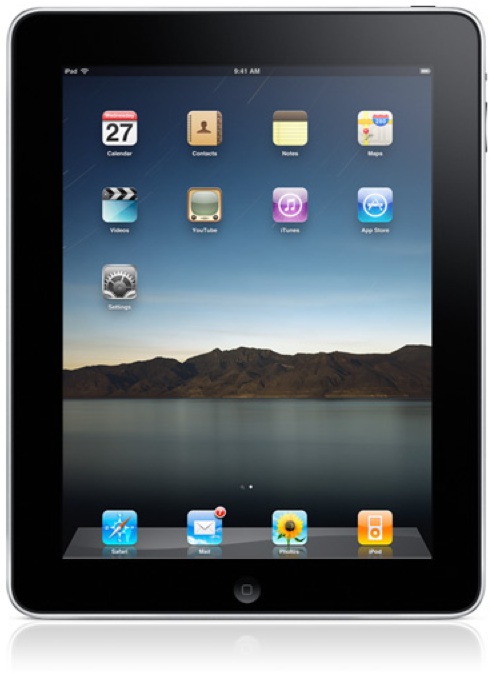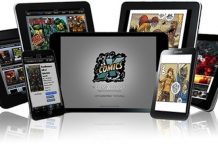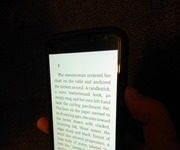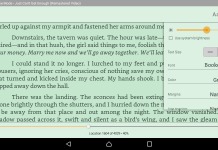 Are tablets too distracting to make a good e-reading experience? This is a question we’ve looked at before, but various news sources keep picking it up like it’s a new idea—most recently, the New York Times. Tablet-users come up with some fairly imaginative metaphors to describe the easily-distracting experience:
Are tablets too distracting to make a good e-reading experience? This is a question we’ve looked at before, but various news sources keep picking it up like it’s a new idea—most recently, the New York Times. Tablet-users come up with some fairly imaginative metaphors to describe the easily-distracting experience:
“It’s like trying to cook when there are little children around,” said David Myers, 53, a systems administrator in Atlanta, who got a Kindle Fire tablet in December. “A child might do something silly and you’ve got to stop cooking and fix the problem and then return to cooking.”
On the other hand, one such distractible user notes that her taste in e-books has “leveled up” as she’s more likely to read books she knows will be engrossing enough that she loses the urge to flip over to do other things.
As I’ve said before, I don’t find reading on tablets without distraction to be that hard. (Though I do often find it hard to watch a movie without stopping in the middle to go read something.) But for those who do, fortunately dedicated e-readers cost significantly less than tablets.
(Found via Slashdot.)

































Two keywords go unexamined. These are “distraction” and “book”. When you are reading one content and are momentarily distracted by another you are reading the distraction. That is what reading is; a lively examination of all kinds of content as well as any provocations to subsequent thoughts. It is unsurprising that we can synthesize many kinds of content into a single reading experience. As for the keyword “book” we can also get real. The book reading experience is no less volatile.
So where does the comparison of experiences of monographic content displayed to either phosphor or electrophoric devices take us? To fair admission of the gymnastic experience of reading of all kinds.
For an excellent discussion of holistic reading go to the SHARP Blog http://www.sharpweb.org/en/discussion/blog-example/assessing-don-mckenzies-legacy-in-the-digital-age.html#comments